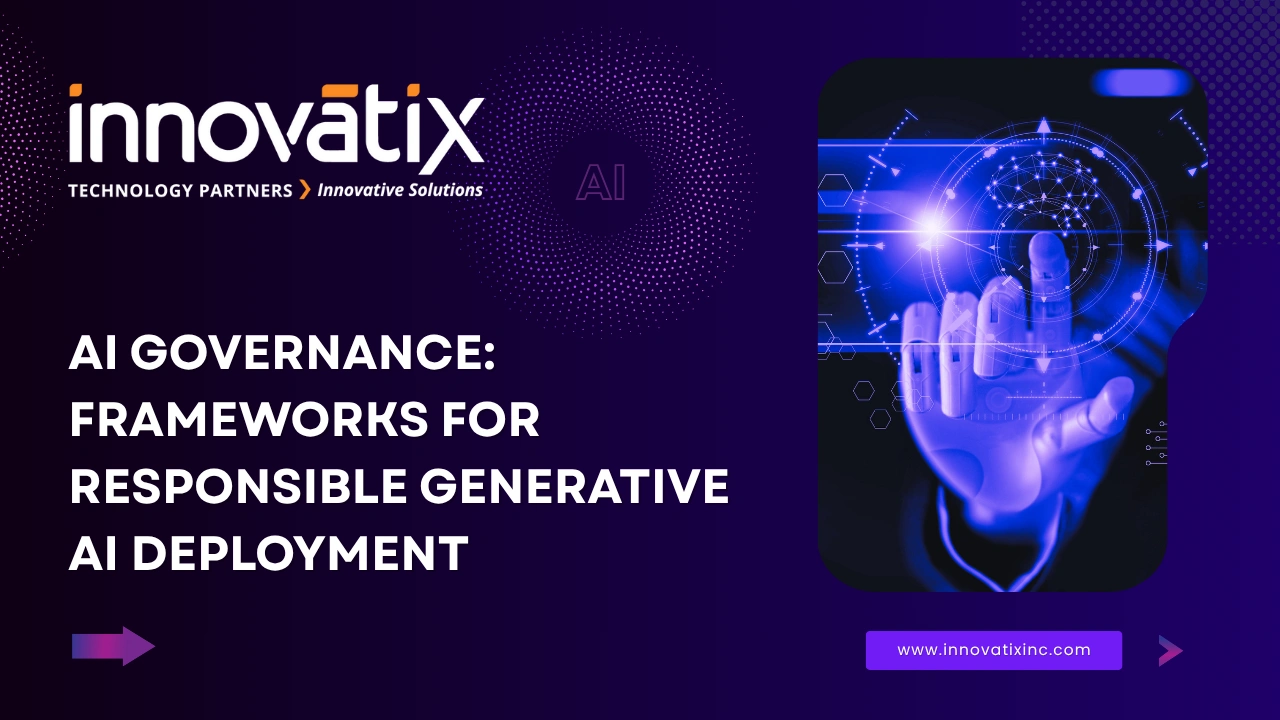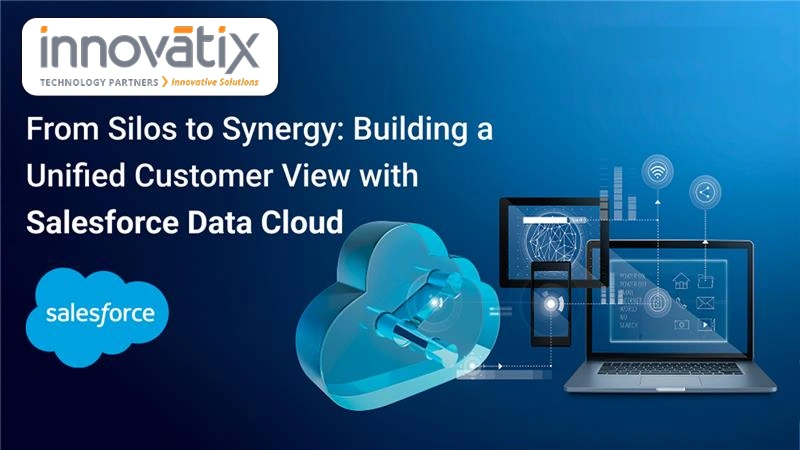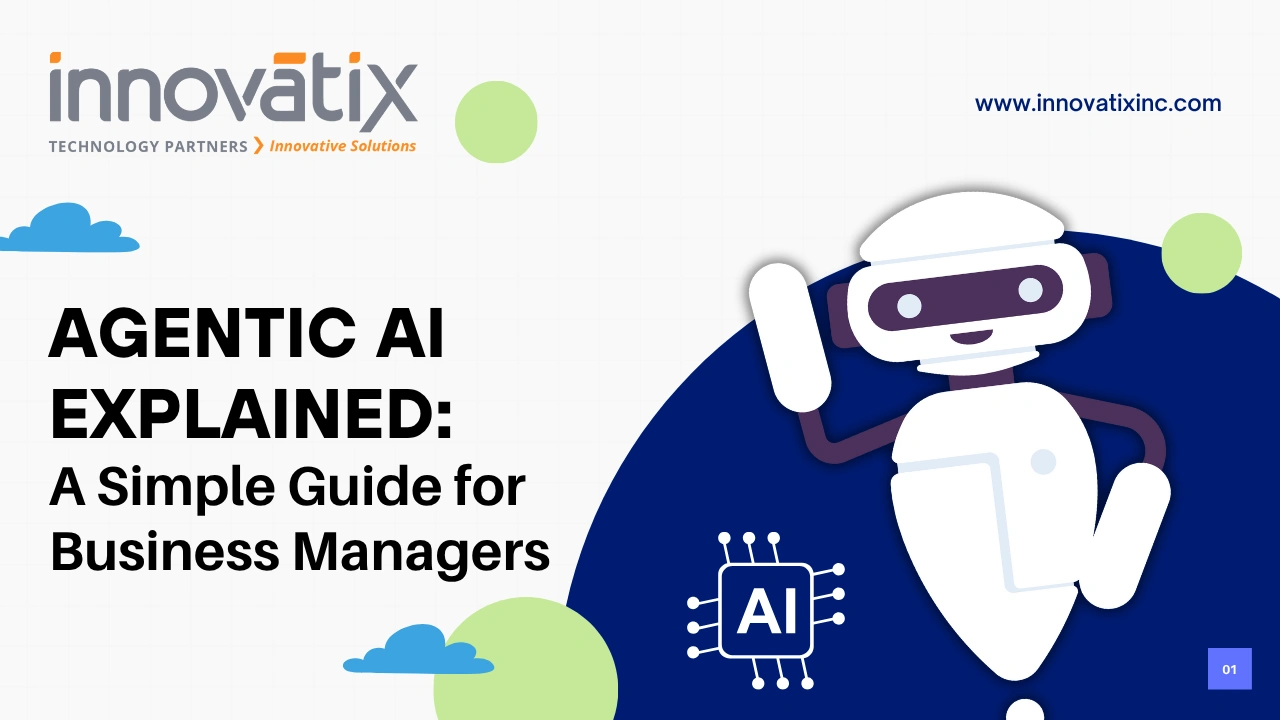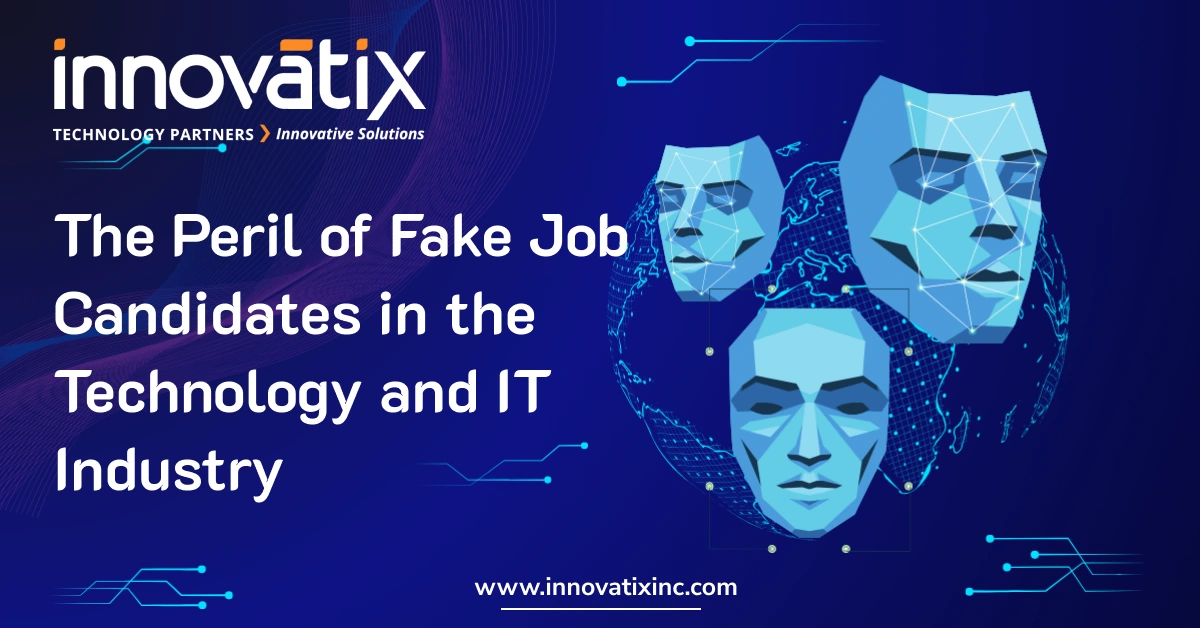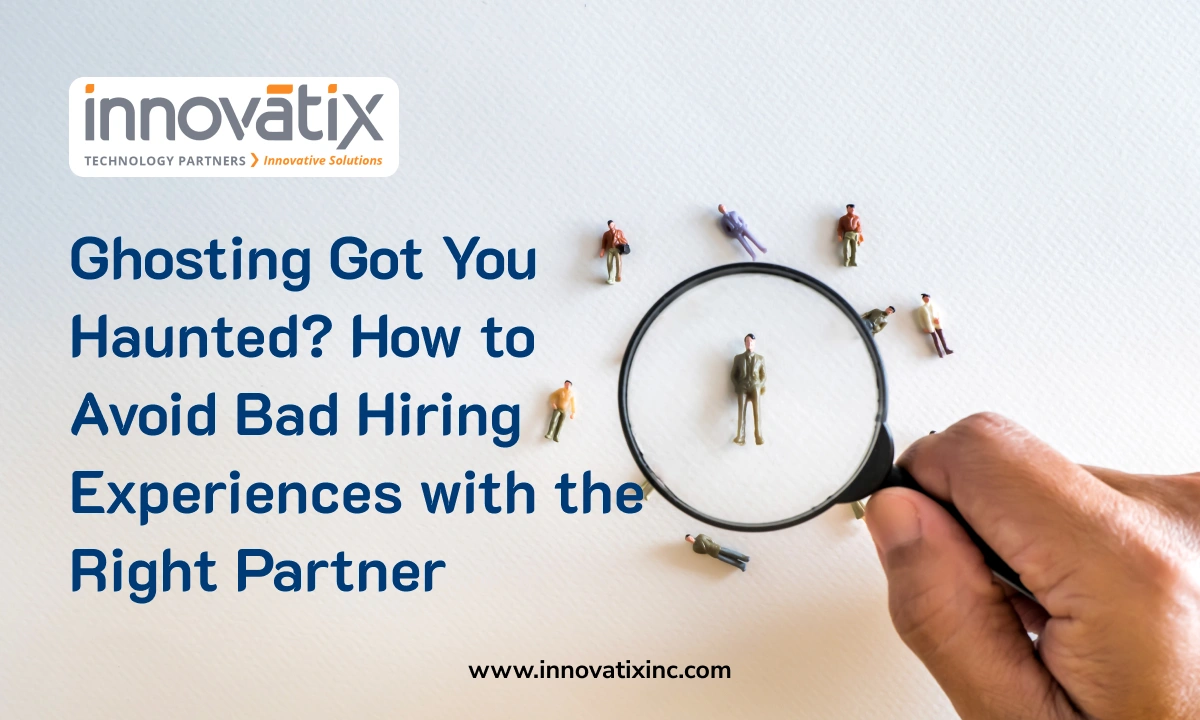Michael Fitton
Home » Archives for Michael Fitton

Michael Fitton
Michael Fitton is a highly successful business leader and entrepreneur with extensive experience across multiple industries, specializing in business growth, operations, and technology services. He has held senior executive roles in management services, technology, education, communications, and retail sectors. Known for delivering innovative technology solutions and driving organizational growth, he has played a pivotal role in transforming businesses. With a deep understanding of organizational dynamics, technology, and corporate culture, he has provided substantial value to various companies. Additionally, he has served as a board member and advisor for both established companies and start-up ventures, with significant expertise in mergers and acquisitions.

Advantages of Technology and IT Companies Partnering with Staffing Firms Offering Visa Sponsorship
Read More » Michael Fitton April 17, 2024



